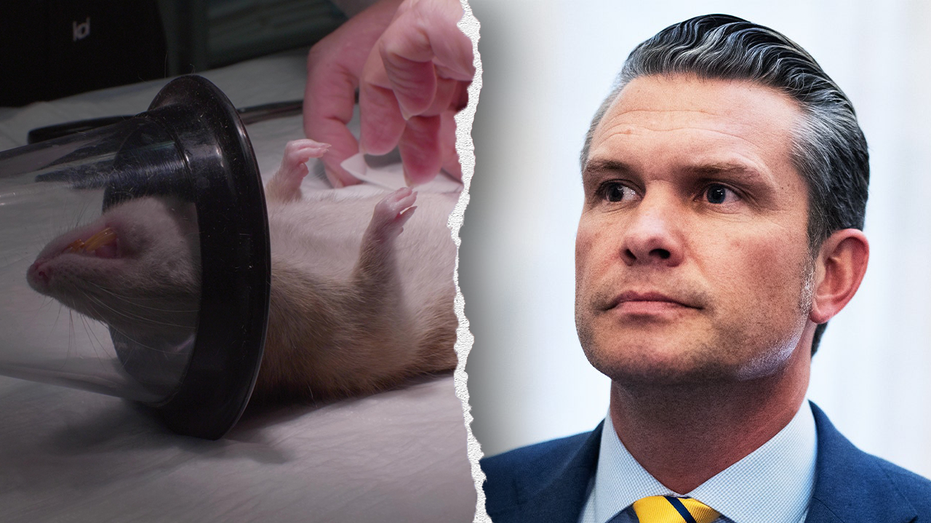Navy Ends Dog and Cat Experiments Following PETA Petition Highlighting U.S. Taxpayer-Funded Animal Testing
PETA urges urgent audit to stop cruelty in military animal testing involving pigs and rats.

The recent decision by the Trump administration to ban Navy-funded experiments involving dogs and cats has sparked a wave of responses from animal rights advocates, who are now calling for even broader protections. In a letter delivered Thursday, People for the Ethical Treatment of Animals (PETA) expressed gratitude for the new policy, which permanently halts all Department of the Navy testing on these animals. The ruling not only puts an end to practices widely regarded as inhumane but also promises to save taxpayer dollars previously allocated to such research.
Navy Secretary John Phelan, in an official statement, described the ban as “long overdue.” He emphasized that the Navy would go further by instructing its surgeon general to conduct a comprehensive review of all medical research programs. The goal, according to Phelan, is to “ensure they align with ethical guidelines, scientific necessity, and our core values of integrity and readiness.” This move was widely applauded by animal-welfare organizations, but for many, it marks only the beginning of the discussion.
PETA's letter urged the Department of Defense to expand the scope of reform by banning animal experiments across all branches of the military. Specifically, the organization requested an immediate halt to decompression sickness and oxygen toxicity tests on animals conducted by the Navy, as well as a prohibition on the use of dogs, cats, nonhuman primates, marine animals, and others in Army weapon-wounding tests. These controversial weapon-wounding tests, originally banned during the Reagan era, were reintroduced in 2020, reopening the door to painful procedures on a range of animals.
In 2023, following advocacy efforts, the Army eliminated $750,000 in taxpayer funding for a brain trauma experiment on ferrets. However, PETA contends that systemic issues persist within other branches. The group cited public records indicating that decompression experiments at the Naval Medical Research Command subjected baby pigs to invasive surgeries and prolonged confinement in pressurized chambers—often ending with the animals' deaths. In one particularly disturbing account, a sedative failure reportedly increased a pig’s suffering before it was euthanized. Additional concerns have been raised about failures to report equipment malfunctions, including one incident where a rat died of suffocation and the mishap went unreported for over three weeks.
PETA estimates that since 2020, the Navy has funneled more than $5.1 million into decompression and oxygen toxicity experiments on thousands of animals at several major research universities. Shalin Gala, PETA’s Vice President, stated, “Pigs, rats and other animals feel pain and fear just as dogs and cats do, and their torment in gruesome military experiments must end.” Gala called for an immediate Pentagon-wide cessation of animal testing in all DOD-funded projects, both in the U.S. and abroad.
Internationally funded experiments are also coming under scrutiny. According to PETA, American defense dollars are currently supporting research in Canada and Australia, where dogs and rats are used in procedures causing extreme pain. In Canada, over $429,000 funds a University of Alberta project using dogs as disease models. In Australia, nearly $600,000 supports a James Cook University study subjecting rats to extensive burns and liver injuries, leading to what the researchers themselves describe as “[u]ncontrolled hemorrhage.”
By pushing for a blanket ban on the use of animals in all military research, PETA aims to put an end to what they describe as cruel, outdated, and wasteful practices. The organization is seeking comprehensive audits, transparency, and the immediate redirection of taxpayer resources toward more humane and scientifically advanced alternatives.




